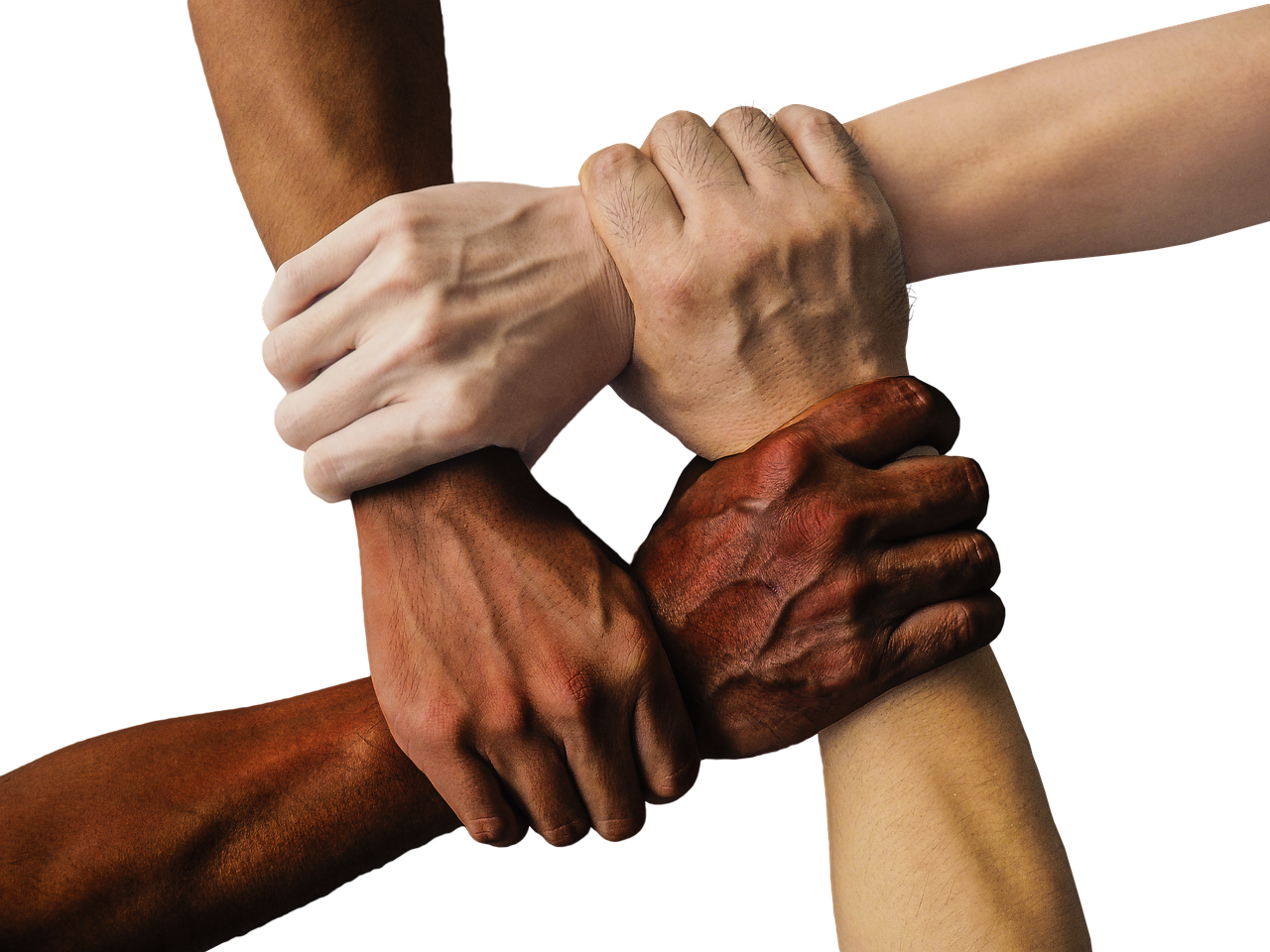
Our world is largely driven by an ethos of the individual – everyone looking out for themselves. This is especially true in the U.S., where we're severely lagging in social services and healthcare.
I'm all for self-responsibility, but the systems we have don't do nearly enough to help and empower people when they fall down or lack the resources or knowledge they need. This takes a toll on all of us.
Instead of forcing those in need to fend for themselves, what if we just took care of each other? Is it really more costly to care?
I was talking with a physician friend recently who helped run a two-year project to address the problem of ‘super users’ of the US healthcare system. These are people who go to emergency rooms for all their care because they have no insurance or money and can’t be turned away. They call for ambulances for minor medical problems, in a sense using them as taxis.
They have complex health issues that they don't understand, and they're afraid. They’re getting sicker because they get sent from one specialist to another and get prescribed medications with similar actions or harmful interactions because the doctors don’t communicate with each other and no one takes the time to help the patients understand.
The patients’ attempts to navigate the complex and inefficient healthcare system end up hurting them rather than helping, while costing everyone else a lot of money in taxes and insurance premiums, footing the bill.
The program my friend worked in identified these super users and connected them with ‘navigators’ both for medical care and social services. The navigators figured out the ways the system wasn’t working for the patients and found simple ways to fix it.
They met at least once a week with the patients, facilitated communication between doctors, and got the patients the care and support they actually needed in an organized, systematic way.
They made sure the participants understood what medications they were taking, and how to take ownership of their health proactively, instead of waiting for symptoms to emerge and then reacting by calling for an ambulance.
The results were far healthier people and more than an 80% reduction in the financial burden they were generating.
Win-win.
Everyone needs to be responsible for themselves, but some people need help to get there. It’s time to rethink our social contracts and all the ways we could collectively benefit, socially and economically, by simply caring for and empowering people.
As you said, the society is not like before, its all divided, we need to get it back, that should be the main goal of humanity....
Downvoting a post can decrease pending rewards and make it less visible. Common reasons:
Submit
Well, I don't know that it's ever been truly unified, but that's the dream, right? :-)
Downvoting a post can decrease pending rewards and make it less visible. Common reasons:
Submit
yep :-)
Downvoting a post can decrease pending rewards and make it less visible. Common reasons:
Submit